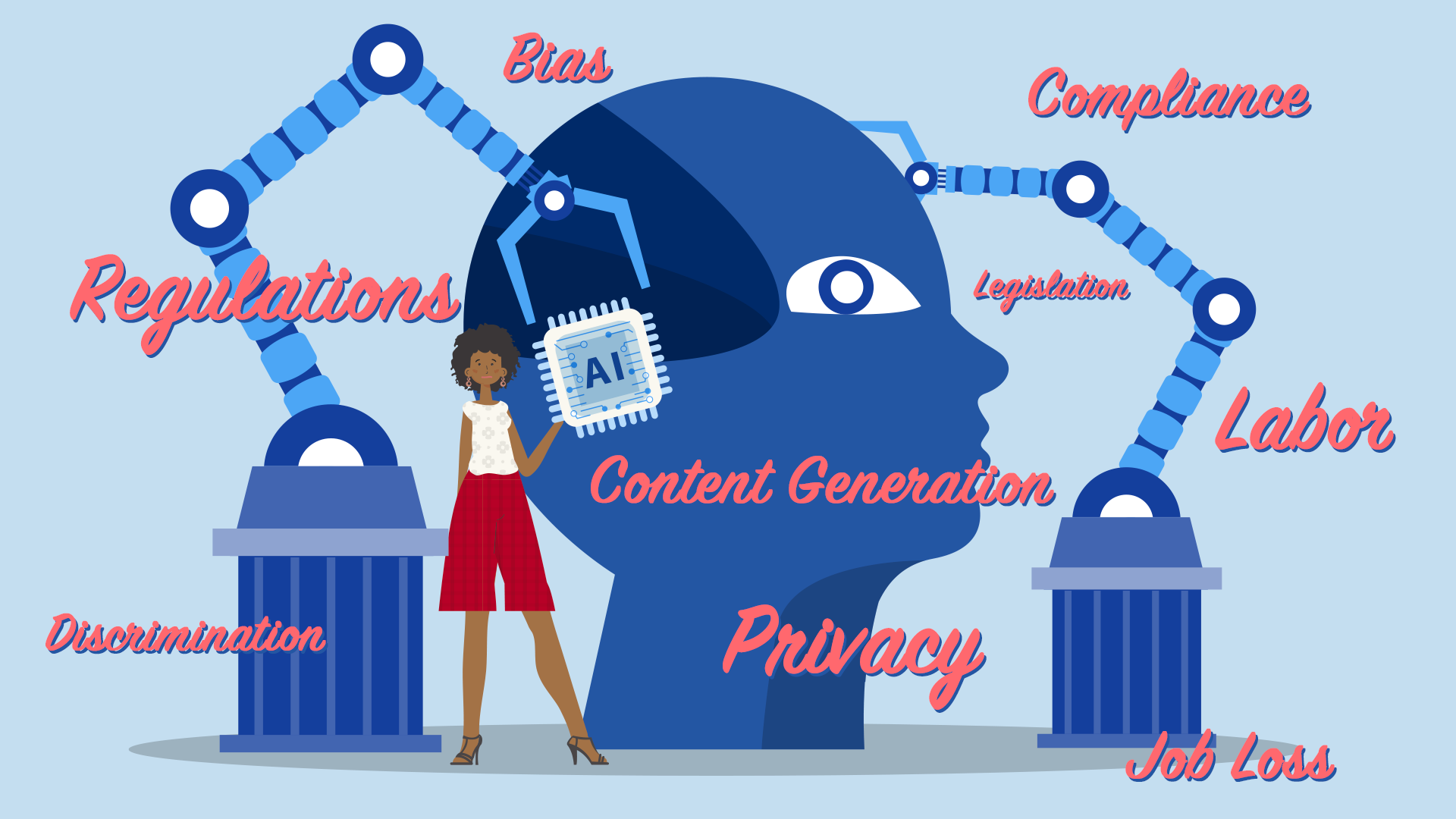
Google Finally Killed It —The Death of the Third-Party Cookies
Maurice Hughes
Diversity Chair at 414digital
January 18, 2024
In January 2024, Google finally rolled out the phasing of third-party cookies from their platform.
On January 4th, Google notified roughly 30 million (just 1% of all Google Chrome users) that they will now have “tracking protection” and will be exempt from trackers following them from site to site.
Cookies (a piece of data from a website that is stored within a web browser that the website can retrieve at a later time) have been used for decades but with the increased interest in online privacy, companies are being phased out to better protect users digitally. Many browsers have already shifted away from third-party cookies to better protect user data such as Firefox and Safari but Google Chrome makes up just over 60% of all browser usage in the US.
While this shift is not anything new to advertisers as Google originally announced this plan in 2021, Google intends to be completely third-party cookie-free by the end of Q3 of this year. With this new shift in marketing, nearly a third of advertisers are still not ready for this upcoming shift in the market. If you need to bolster your new digital strategy for the new cookieless structure, here are some options below.
Show your ads in contextual settings
One easy way to shift away from behavioral targeting is showing your ad in contextually relevant settings. Using keyword or domain targeting, you can ensure your ads are showing up in brand-safe targeting in the correct environment.
1st Party Data is King
With cookies going away, now is the best time to start integrating your customer’s customer information into your marketing strategy. Whether through an email retargeting program or upselling customers on a related product, maximizing customer data is a surefire way to get engagement and in turn more sales.
PMPs
Private Marketplace Deals (PMPs) are deals between a website (can also be through a publisher/group of websites) and a buyer who for a bit higher CPM can target a website’s customer base based on their behavioral traits. By understanding where your ideal customer base is, you can leverage the website’s data and in turn, grow your customer base.
Connect with Customers Socially
Social media platforms are naturally walled gardens, but that also means they will not be affected by Google’s shift. With such a wealth of customer data, social media will prove to become an even bigger part of brand’s marketing strategies.




